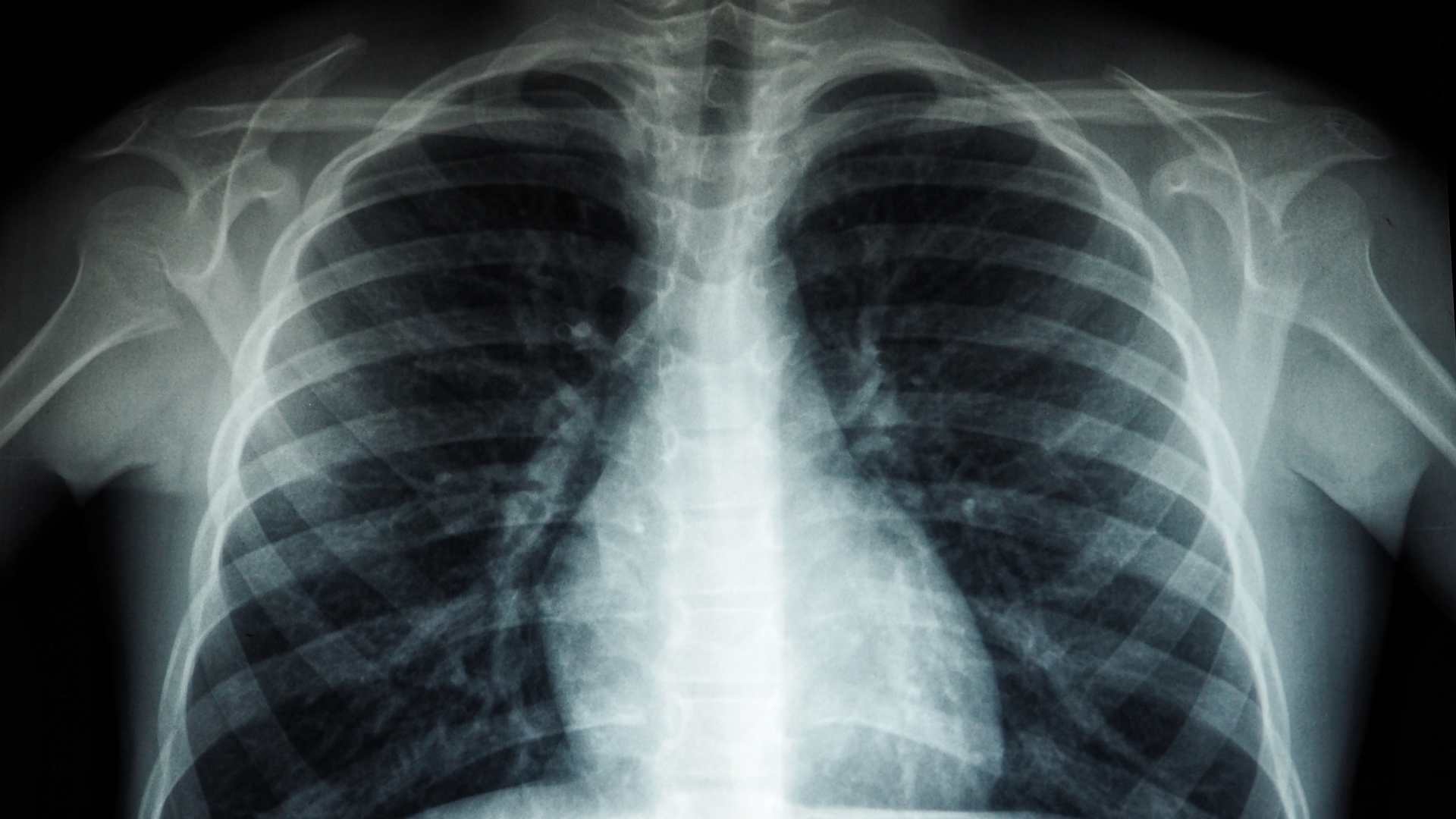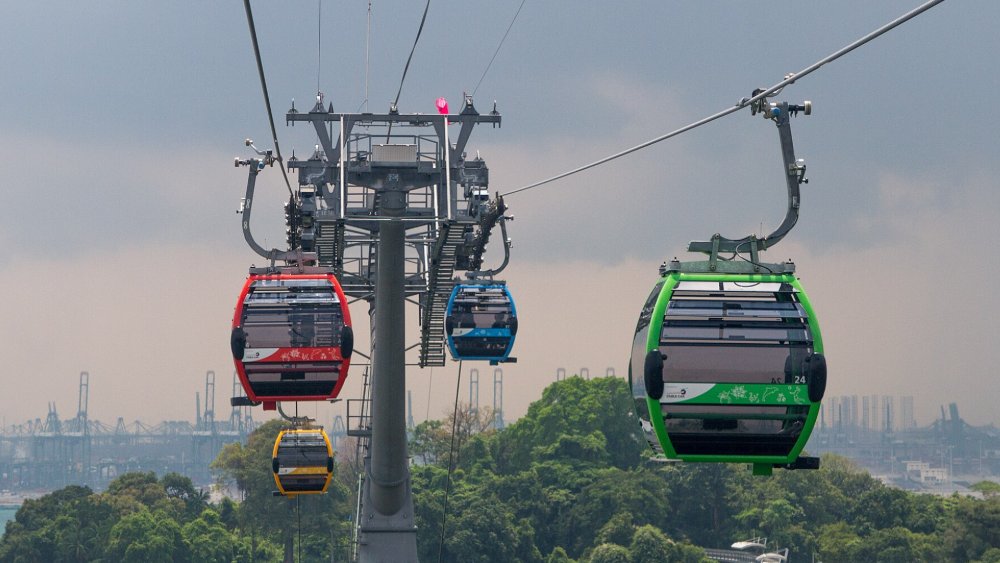Tackling Tuberculosis: How Singapore Is Taking A Proactive Stance Against The Disease
From February 2022 to July 2023, Singapore's National TB Programme identified 10 new cases of active TB linked to a cluster at Block 2 Jalan Bukit Merah previously uncovered in 2022.
As such, a mandatory tuberculosis (TB) screening will take place between 11 and 15 Jan in Bukit Merah, according to a press release by Singapore’s Ministry of Health.
Approximately 3,000 residents and workers in specified areas (including Blocks 1 and 3 Jalan Bukit Merah, ABC Brickworks Market and Food Centre, and Thong Kheng Seniors Activity Centre @ Queenstown at Block 3 Jalan Bukit Merah) are expected to be screened.
Meanwhile, we shed light on TB, its symptoms, risks, and most importantly, how to prevent its spread.
What is TB?
TB primarily affects the lungs, leading to pulmonary tuberculosis, but it can also impact other body parts (such as the brain, lymph nodes, kidneys, bones and joints), causing extrapulmonary tuberculosis, says Dr Low Su Ying, Senior Consultant, Department of Respiratory & Critical Care Medicine, Singapore General Hospital.
TB is caused by various strains of mycobacteria, primarily Mycobacterium tuberculosis, and is transmitted through fine respiratory droplets. Contrary to common misconceptions, TB is not spread through shared items like cups or utensils, cigarettes, or casual contact like kissing.
Latent TB VS active TB
Latent TB occurs when the bacteria are present in the body but remain inactive, causing no symptoms. Although not contagious, latent TB can become active, posing a risk.
On the other hand, active TB is when the bacteria multiply, leading to symptoms and the potential to spread the disease. Early detection is crucial to prevent the progression from latent to active TB.
Symptoms of TB
Active TB manifests with persistent cough (lasting 3 weeks or longer, sometimes with bloody sputum), fever, chills, night sweats, loss of appetite, and unexplained weight loss. Recognising these symptoms early is vital for timely intervention.
Risk factors
Individuals with weakened immune systems face an increased risk of contracting TB. Factors such as diabetes, end-stage kidney disease, certain cancers, cancer treatments like chemotherapy, immunosuppressive drugs, and HIV/AIDS compromise the body's ability to defend against TB.
Treatment and prevention
Dr Low emphasises that early detection is key to effective TB treatment. Anti-TB medication is administered over a prolonged period, typically six to nine months. Completing the full course is crucial, as incomplete treatment may lead to drug-resistant strains.
Prevention tips include practicing good hand hygiene, proper cough etiquette, regular check-ups if TB is suspected, wearing masks in crowded places, maintaining a healthy lifestyle, and encouraging faithful adherence to treatment for those diagnosed.
What to do if diagnosed with TB
For those diagnosed with active TB, it is imperative to complete the full medication course, stay at home during the initial weeks of treatment, and practice proper cough etiquette, including using tissues and disposing of them properly, and wearing masks to protect others.
For the latest updates on Wonderwall.sg, be sure to follow us on TikTok, Telegram, Instagram, and Facebook. If you have a story idea for us, email us at [email protected].











